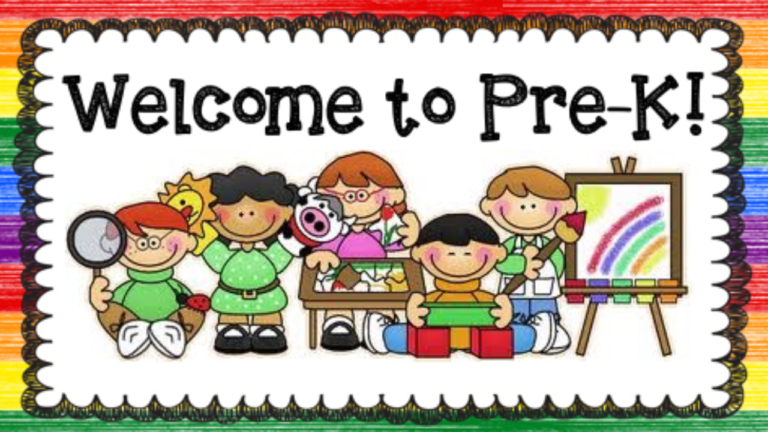The Correct Spelling is School Not School. Some Pe – Tymoff

Spelling plays a crucial role in communication, especially in educational contexts. The phrase “The Correct Spelling is School Not School. Some Pe – Tymoff” reminds us of this. While it may seem trivial, consistently using the correct spelling emphasizes attention to detail and respect for language. In this article, we’ll explore the significance of proper spelling, why people often misspell “school,” and how to avoid such errors.
Why Do People Misspell “School”?
One of the most common misspellings of “school” is “shcool” or similar variations, often caused by fast typing, phonetic confusion, or even autocorrect errors. This mistake is more frequent in informal communication, like text messaging or social media posts. Phonetically, “school” can also be tricky due to the silent “ch” in its spelling, which doesn’t correspond to its pronunciation. These factors contribute to people unintentionally mistyping words, especially when not paying close attention to details.
Another reason for this misspelling is early learning challenges. For young children, the structure of the word can be confusing, mainly the silent letters, which leads to common mistakes. Repeated practice and guidance from teachers and parents ensure children learn the correct spelling of foundational words like “school.”
The Impact of Misspellings in Professional and Academic Settings
Misspelling words like “school” might seem harmless in casual conversations, but it can be damaging in academic or professional contexts. Spelling errors can negatively impact your credibility, causing readers or listeners to doubt the quality of your communication. In professional emails, reports, or presentations, even minor spelling mistakes may create an impression of carelessness or lack of professionalism.
In academic settings, spelling plays a pivotal role in evaluations. Many educators view correct spelling as a reflection of a student’s overall mastery of language. Furthermore, it is essential in formal writing, such as essays and exams, where accuracy can affect grades and assessments.
Read More
The Importance of Correct Spelling: Clarity and Respect for Language
Correct spelling goes beyond just avoiding mistakes. It’s a sign of respect for the language and its rich history. For example, “school” carries significant weight as an institution that symbolizes learning and intellectual growth. Misspelling it, even unintentionally, undermines its importance.
Spelling correctly also aids in clarity—when we use the correct spelling, we ensure that the message we convey is received without confusion.
In a world where shortcuts and informalities dominate digital communication, correct spelling, particularly in formal or educational contexts, reinforces the seriousness of communication. For instance, using “skool” or “shcool” diminishes the respect afforded to academic institutions and systems, which are pivotal in shaping societies.
Tips to Avoid Common Spelling Mistakes
Improving your spelling skills involves more than relying on spell-check tools, although they are helpful. Here are some strategies to minimize errors:
- Practice Regularly: Writing often—through journaling, essays, or texting—can reinforce correct spelling patterns. The more you write, the more you internalize spelling rules.
- Proofreading: One of the simplest yet most effective ways to catch spelling mistakes is to review your work before submitting it. A few moments to check your writing can help you avoid common errors.
- Spelling Exercises: Engage in spelling exercises through online resources or games like Scrabble. These activities can enhance your skills while being fun and engaging.
- Use Educational Tools: Several apps, like Grammarly, provide real-time spelling and grammar corrections. However, it’s crucial to not rely solely on these tools; always verify the suggestions, as they may not always be contextually appropriate.
The Broader Social and Educational Impacts
The spelling of “school” symbolises the value society places on education. Schools are the foundation of learning, community building, and knowledge sharing. By consistently using the correct spelling, we reinforce the idea that schooling deserves respect. Each correctly spelt word serves as a reminder of the institutions that promote personal and collective growth.
Moreover, we support the broader goals of inclusivity and opportunity by paying attention to spelling in educational contexts. Schools are spaces where people from diverse backgrounds come together to learn and grow, and spelling plays a part in fostering clear communication among all community members.
Read More
Conclusion
In conclusion, “The Correct Spelling is School Not School. Some Pe – Tymoff” is more than a quirky phrase. It serves as a reminder of the importance of precision in spelling and language. By correctly spelling words like “school,” we contribute to clear, professional, and respectful communication. Spelling errors, particularly in formal settings, can lead to misunderstandings or undermine your message. You can avoid these mistakes through regular practice, utilizing technology responsibly, staying mindful of spelling rules, and demonstrating a commitment to effective communication and learning.
Spelling is not just about getting the letters right; it’s about honouring the traditions of language, fostering clarity, and promoting respect for education. So, the next time you write “school,” take a moment to ensure it’s spelt correctly. It’s a small step toward better communication and carries significant weight in personal and professional interactions.






